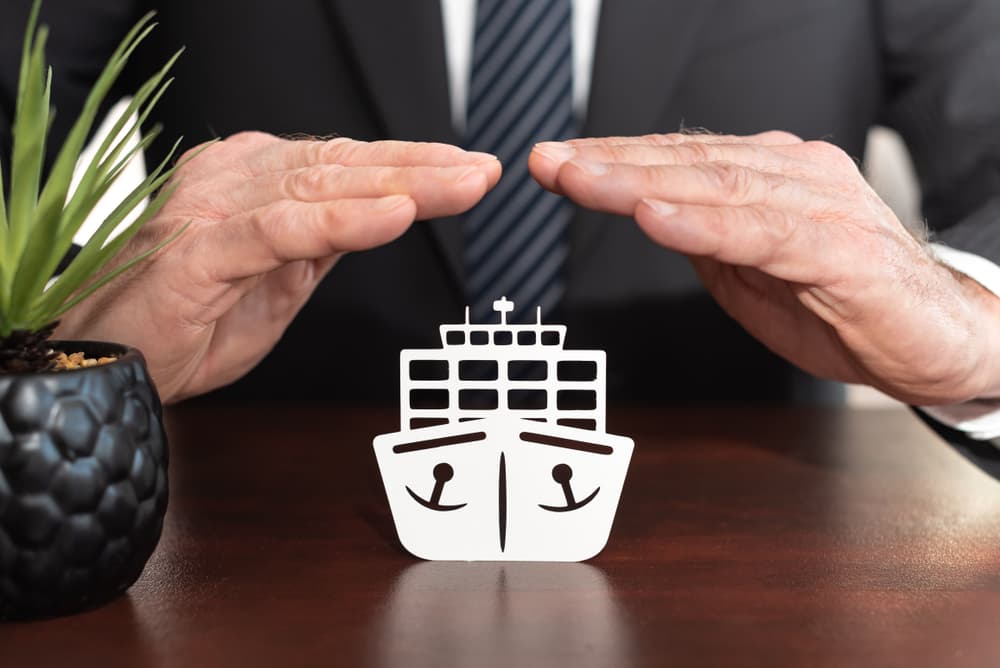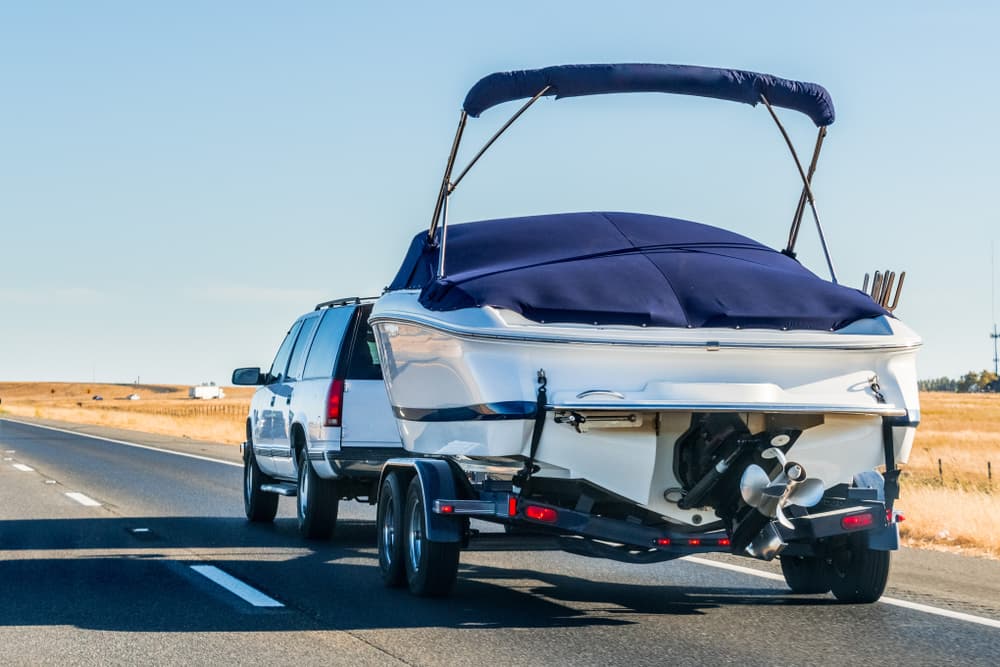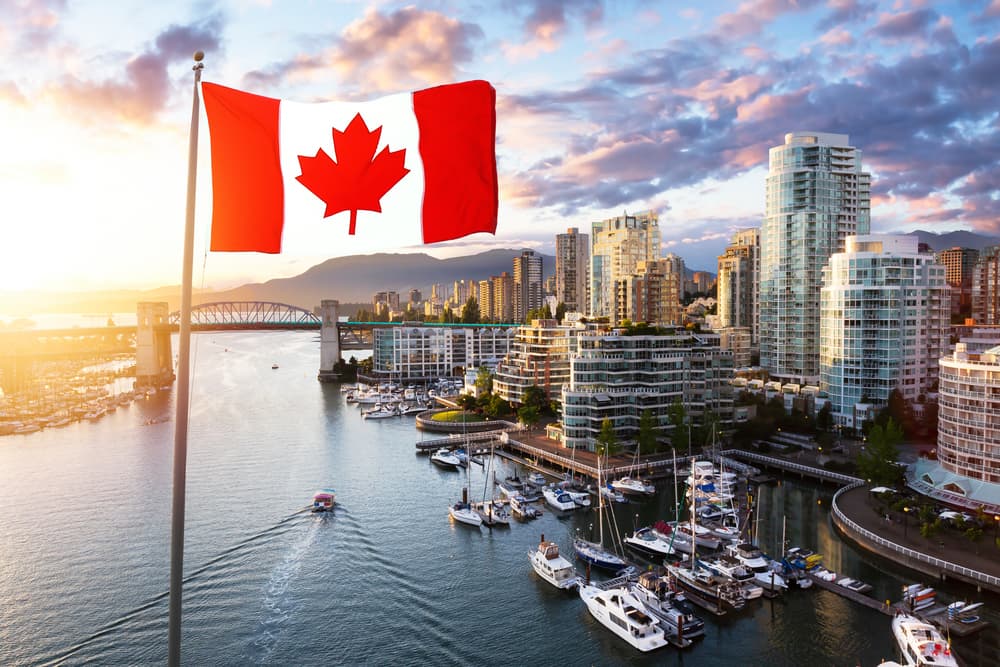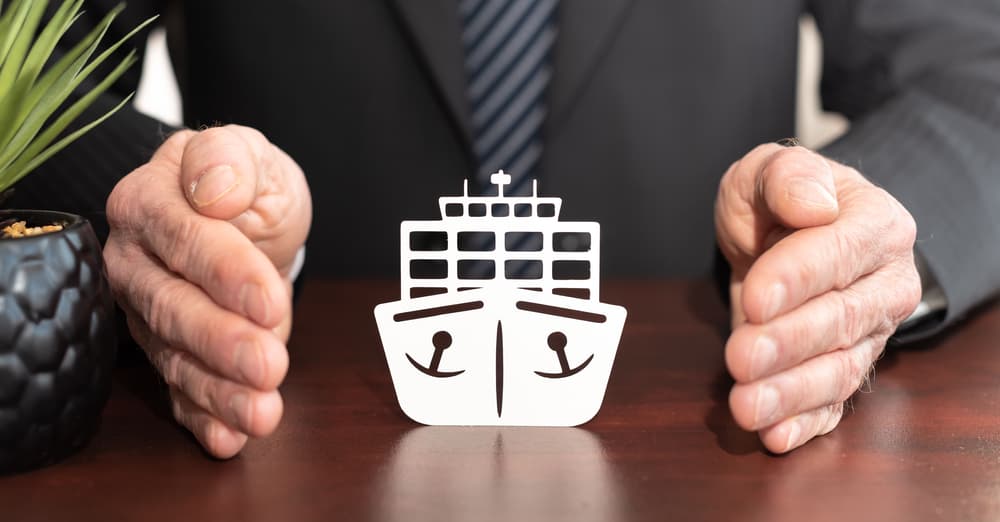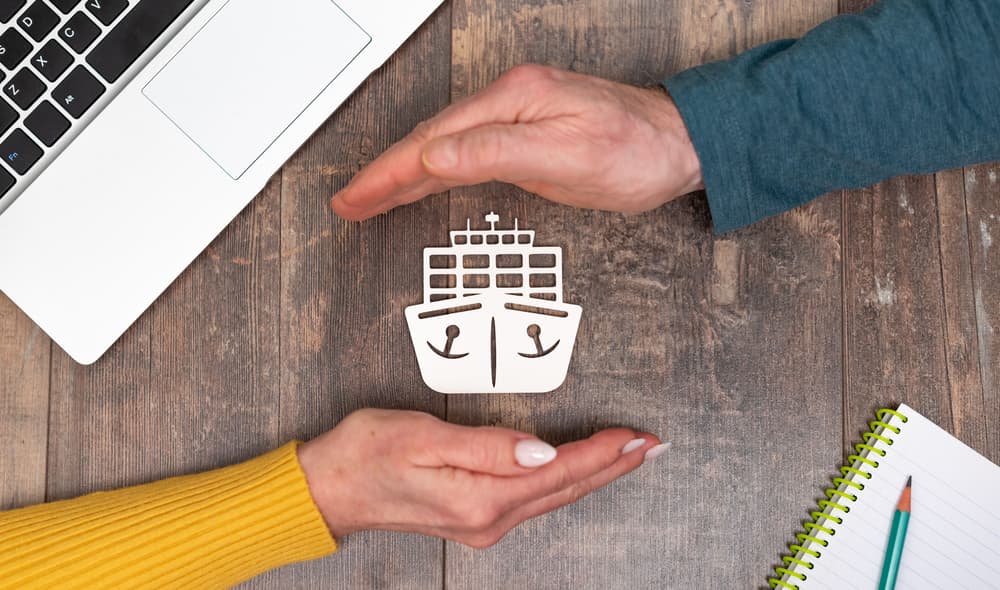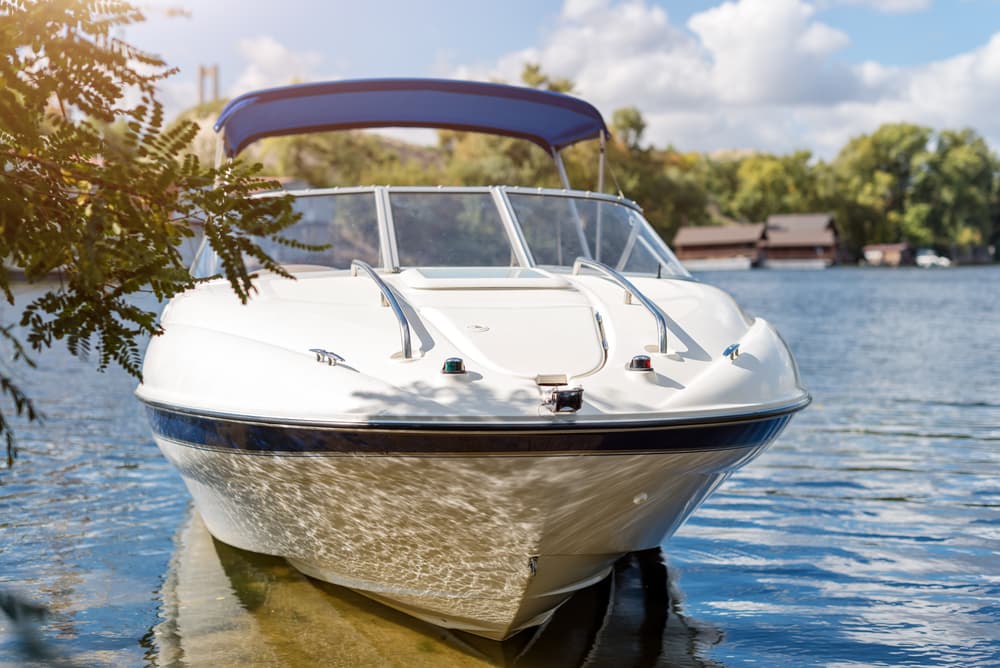Your boat is more than just a pleasure craft – it’s an investment that you want to maintain for years to come. And although boating insurance is not required by law in Canada, it’s still a necessity. Boating insurance will provide you with the peace of mind you need when you’re out on the water or have your boat docked or stored away. The insurance is designed to protect you from any mishaps – like if you are involved in an accident or your boat is damaged, stolen or vandalized. Most lenders also require insurance if you plan to finance your boat, and you should also expect to show proof of insurance if you plan to use one of our nation’s many marinas. So if you’re wondering, do you need boat insurance in BC, the short answer is yes, if you want to protect your investment, any passengers, and utilize marinas. Read on to learn more.
Who Offers Boat Insurance in BC?
There are lots of insurance companies that offer a range of coverage options for your boat. The question is, which one is the right one for your specific needs? The answer isn’t always clear-cut, and it can take some due diligence and shopping around to find a boat insurance option that works for you. Fortunately, you have access to an educated insurance brokerage here at Portside Insurance who will do all the work for you. It’s our job to determine your exact needs and then find a policy that is best suited for your boating lifestyle.
What Does Boating Insurance in BC Cover?
Boating insurance is designed to cover liability and damages. So if you are in an accident when out on the water and someone is injured, the insurance will help protect you financially if a lawsuit emerges. The insurance will also cover any damages that happen to your boat and other property involved in the accident. In the unfortunate event that your boat is stolen or vandalized, boating insurance will also kick in to cover you in these circumstances as well.
What Factors will Affect the Price of the Policy?
There are many things that an insurance company needs to consider before putting together a policy for you. This includes the type and size of the boat, the engine strength, how often you use it and where you use it, the age and value of the boat, among other things. The insurance company will also be looking at you personally – your age, boating history, your location, and other risk factors. All of these things combined will help the insurance company decide on the type of coverage you need and the premium that will go along with it. As you can imagine, every insurance company calculates things a little differently, and you won’t really know if you are being offered a fair package unless you’ve reached out to a number of other companies as well. That’s why it’s important to speak with an insurance broker who can make sure you receive the right amount of coverage and at the lowest rates for your lifestyle.
Can Boating Insurance Cover My Seadoo too?
Yes, there is a policy available that will also cover your seadoo too. We can save you the time and energy it will take trying to find a policy that will cover the exact type of pleasure craft you own and all the accessories that come with you. At Portside Insurance BC, we will help customize a policy that perfectly suits your needs. Whether you own a large speedboat, small sailboat, or fishing boat, we’ll make sure you get the right policy.
Other Things to Consider
Having a basic policy to cover liability and damages is great, but what about emergency boat towing or the trailer? We will ensure you get the right amount of coverage so you’re never paying for more or receiving less coverage than necessary. If you have a boat trailer, GPS system, or other accessories, we’ll ensure those items are covered under the policy. We’ll also check over the fine print and go through everything with you in detail so that you fully understand what you are paying for.
Our representatives will take the time to explain all of the options available to you, including:
- Upgraded replacement cost
- Emergency Towing and Salvage
- Emergency Expense Reimbursements
- Loss of use or replacement
- Additional Liability Insurance
- Fishing equipment and supplies
- Trailer
- Personal effects and more
Discounts and Bundles
Did you know that you may be eligible for a discount? Don’t expect the insurance company to tell you about that. Luckily, your insurance broker is ready to explain all the discounts and bundled options available to you.
Making a Claim Should Be Easy, Not Hard
Finding the right coverage and premium is important, but so is the service that the insurance company offers. If you need to make a claim, you want to rest assured that the insurance company is going to work diligently on your file and pay what is owed to you swiftly. Unfortunately, that is not always the case with certain insurance companies. That’s why our insurance brokerage handles the claims for our clients and ensures that they have someone in their corner when a mishap does happen.
Why Choose Portside Insurance in BC
Our expert insurance brokers will take the time to understand your needs clearly, to ensure that you get the right policy tailored to those needs. But where we really stand out from the other brokerages here in BC is our service. We are a family-owned and operated business that has been boating across our Canadian lakes for over 90 years. We not only understand the importance of having the right insurance to protect your family and others on the water, but we also care that our friends and those within our community are properly covered as well. We make it our responsibility to find our clients the highest quality boating insurance there is so that everyone involved can sleep easy. Contact us today for more information.

